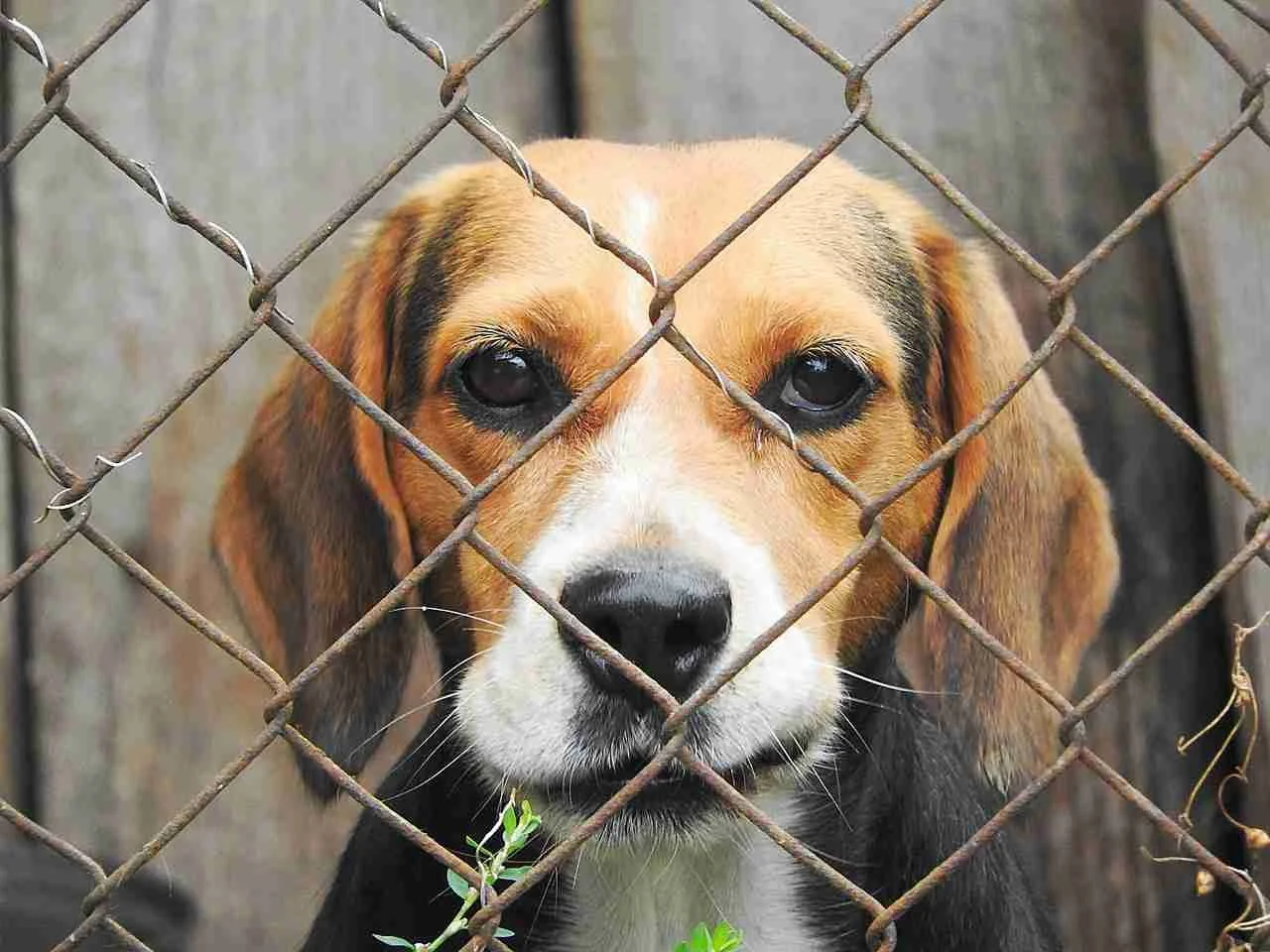Not Pretty
Mascara. Shampoo. Perfume. Laundry Detergent. Oven Cleaner. Yes, these products might help us look and feel prettier and make our house shiny and clean. But, did you realize there is a very ugly side to some of these products? Yes, I’m talking about animal testing.
While many people think that animal testing ended decades ago, it’s still happening. There are about half a million animals every year used to test cosmetics, medicines, and household cleaners. Animals used for testing include rabbits, guinea pigs, rats, mice, and in some cases, dogs. This sets up multiple levels of animal abuse. Abuse doesn’t just happen in the labs, but also in the supply chain that provides animals for testing.
In 2022, Humane World removed roughly 4,000 beagles from a breeding facility that supplied laboratories that test on animals. Government inspectors found beagles were abused, starved, and killed- all because laboratories want beagles for their tests.
Why are animals sent to labs, and what are the tests most commonly done on them? Skin and eye irritation tests are most common- where cosmetic and household chemicals are rubbed onto shaved skin or dripped into the eyes of restrained animals. This is intended to discover whether an ingredient will cause injury to the human eye.
There are also tests that deliver controlled doses of chemical substances via a feeding tube. Generally, these kinds of tests look for signs of general illness or long-term health effects such as cancer or congenital defects. In reproductive toxicity tests, researchers may feed chemicals to pregnant animals to see whether the substances will cause abnormalities in offspring.
Testing on animals is both cruel and unnecessary because companies can already create products using thousands of ingredients that have a history of safe use and do not require any additional testing. Plus, modern testing methods (such as human cell-based tests and sophisticated computer models) have replaced outdated animal tests with new non-animal methods that are often faster, less expensive, and more reliable.
Not sure if your favorite products contain ingredients tested on animals? Start by looking for cruelty-free certified products. Or you can search here.
Since 1994, the Animal Resource Center and the Shops of Second Chance Humane Society have been dedicated to serving animals in Southwestern Colorado. Our adoption hours are every day from 11 a.m. to 5:30 p.m. We are located at 177 County Rd 10, Ridgway, CO. You can view our shelter pets and services online at secondchancehumane.org.

